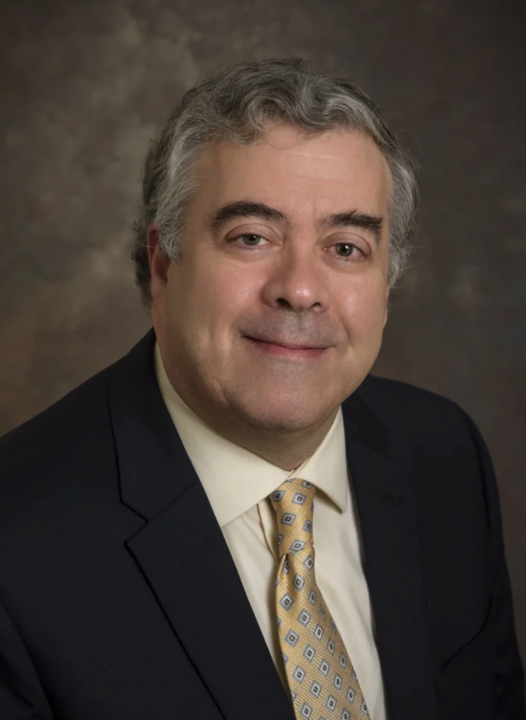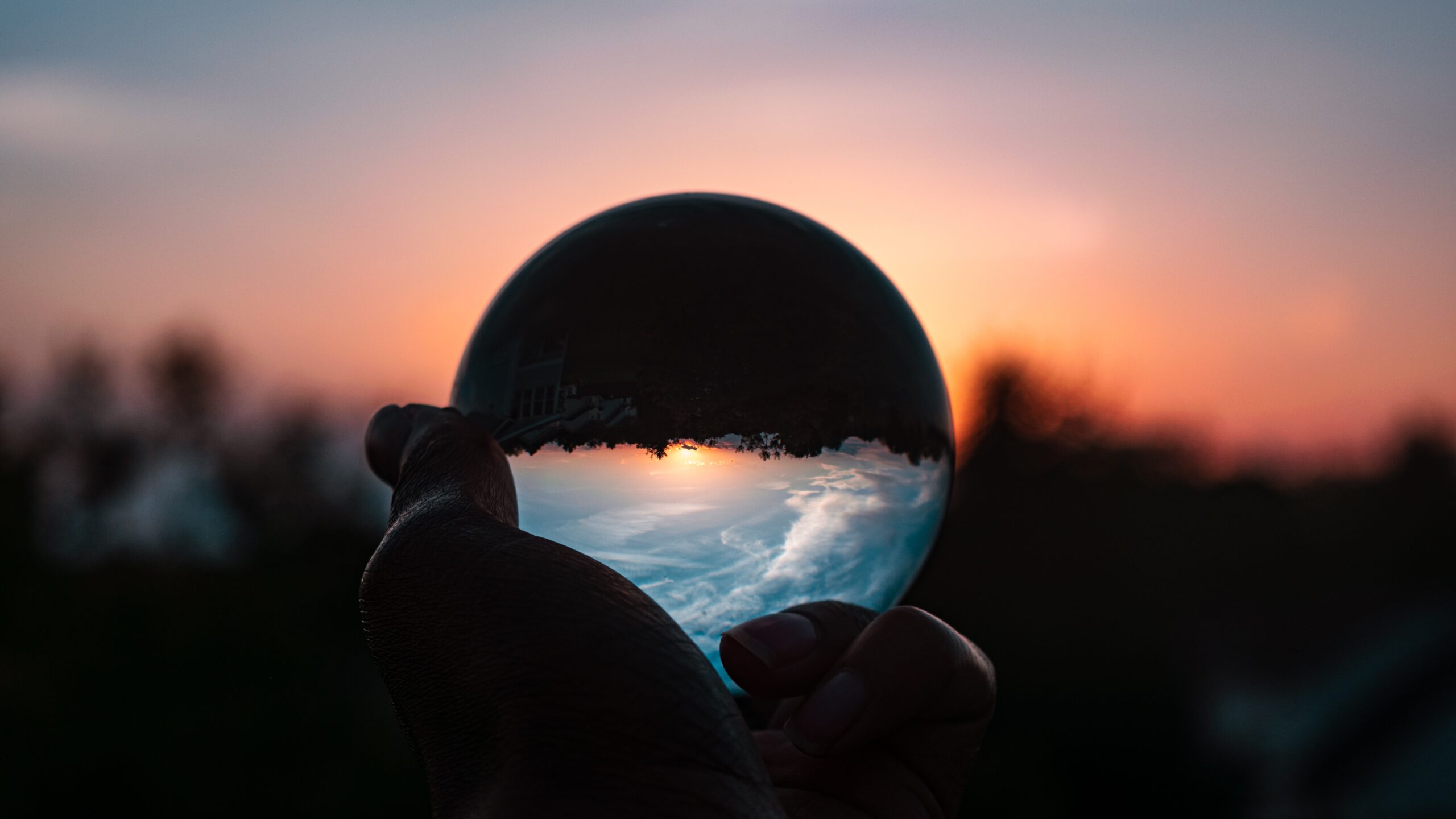
Get to know Dr. Stephen Barr, the presenter of the new course, Faith and Physics, which launched on September 18, 2023 in the Word on Fire Institute. In our chat, Dr. Barr gives some background on his education, faith, hobbies, and what we can expect from his new course.
Please tell us a little about your background.
My scientific background started early; you could say that I am a cradle scientist because I’ve been interested in math and science since I was very young. When my older brothers were out playing touch football in the park, I was curled up with books of math puzzles and “brain teasers.” So it was inevitable that I would go into physics; I never gave it a second thought. I grew up in Manhattan near Columbia University, and that’s where I went to college. From there, I went on to Princeton to get my PhD in theoretical particle physics. After that, I did physics research and graduate teaching for forty years, until I retired to run the Society of Catholic Scientists.
I’m also a cradle Catholic, and I went to parochial school up through sixth grade. As a young boy, a sense of the sacredness of the Catholic Church sank deep into my soul, very likely from the influence of the pre–Vatican II Mass and the Dominican sisters who taught me. From seventh to twelfth grade, however, I went to a secular prep school where there were almost no Catholics; the student body was about 90% Jewish. My father, a brilliant man whom I deeply revered, was also of Jewish ancestry and a skeptic in matters of religion, though he had great respect for the Catholic faith and did at last get baptized when he was 78. So I knew early on that a lot of very smart people did not share my religious beliefs. This got me thinking more deeply than I otherwise would have about the faith and whether it makes sense.
It has always been very important to me that things do make sense and that everything fits together in some intellectually coherent and logically consistent way—perhaps this is the mathematician in me. Part of that was trying to understand how what we know from divine revelation and what we know from empirical science fit together, something I have thought hard about since I was small. I remember asking my second-grade teacher, Sister Marcian, a very kindly person, how all the different kinds of animals could have fit into the Ark. She said that God can do anything, which is a sound answer, but which I remember did not satisfy me. But though I had many questions over the years about various aspects of the faith, the existence of God has always seemed self-evident to me, as have the divinity of Christ and the divine origin of the Catholic Church. And over time, by the grace of God, and by persistent thinking and reading, I kept finding answers to my questions.
How does faith inform your work?
Science is an activity of reason, which is a gift shared by all human beings, whether they have faith or not. So people of all religious beliefs—or none—can do equally good science, just as they can be excellent surgeons, quarterbacks, auto mechanics, or writers. In that sense, faith does not affect one’s technical work. But at a deeper level, I suppose it had an effect. My desire to make sense of the world and the conviction that there are rational answers is deeply connected to my belief in God.
What is your Institute course about?
My course is about the profound harmony between the Catholic faith and modern science. Many people think there is a conflict. Some see a conflict at a basic philosophical level: science is based on reason and evidence whereas faith supposedly is not. Science is based on natural explanations, whereas religion is about the supernatural. Other people say that religion and science have historically been at odds and that religion has actually tried to suppress science. And there is also the claim that the great discoveries of science from Copernicus and Galileo up through modern times have undercut basic religious beliefs about the universe and about ourselves and our place in the universe.
In this course, I discuss many of these issues and show that the claims of a conflict are based on misconceptions about history, about what our faith teaches, and about what modern science has discovered about the world. The course covers many topics, including the role of the Church and of Catholics in the history of science, how nature gives evidence of its Creator, whether the laws of nature are “fine-tuned” to make life possible, what it is about human beings that goes beyond the merely physical, the Big Bang and creation, and much more.
What’s the main idea you hope people will take away from the course?
The main idea is the harmony between science and the Catholic faith. I think people will come away surprised at how immense the historical contributions of the Church and her members have been to science. I think they will also be surprised how what modern science has discovered about the world dovetails so well with the basic tenets of our faith and how simple the answers are to some of the arguments that faith and science are in conflict. What I hope is that those who watch these lectures will be better equipped to help others who are struggling with questions in this area.
What do you like to do in your free time? What are your hobbies?
My hobby is chess. I would be considered a strong club player, but I’m not a master. I was starting to get addicted to playing chess on the internet about 10 years ago, but I quit for Lent and have been “clean” ever since. But I often play chess with my phone in spare moments to relax—the app is quite strong—and I follow the games of the top players on YouTube. I also like to read, mostly history, though also theology and philosophy. I enjoy old Western TV shows and movies. But the way, I most enjoy spending my time is doing things with my wife and seeing my children and grandchildren.
You can join Dr. Stephen Barr’s course Faith and Physics now in the Word on Fire Institute.
